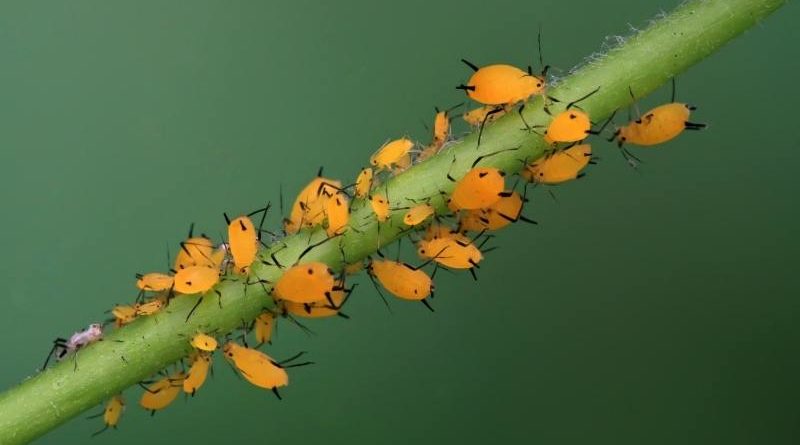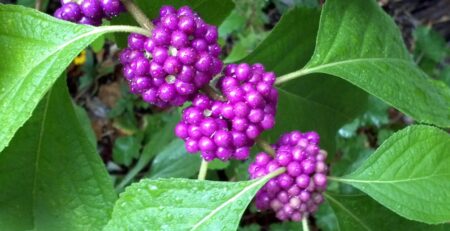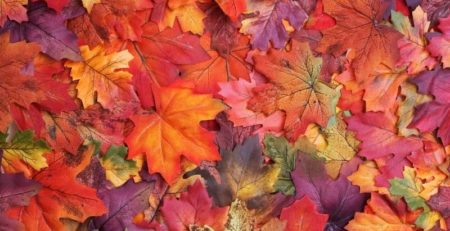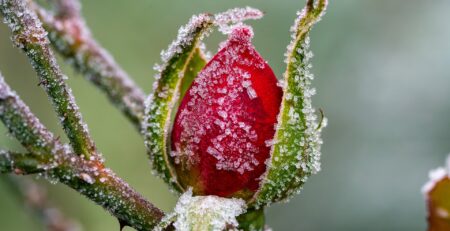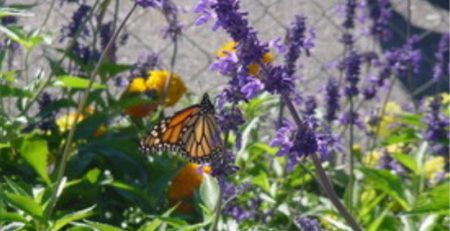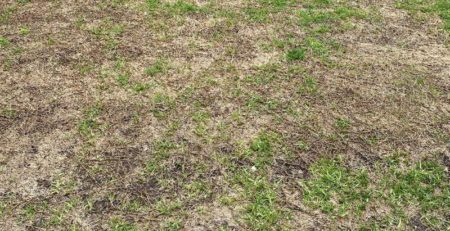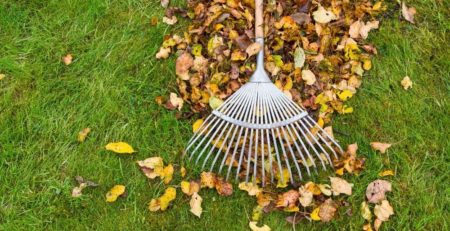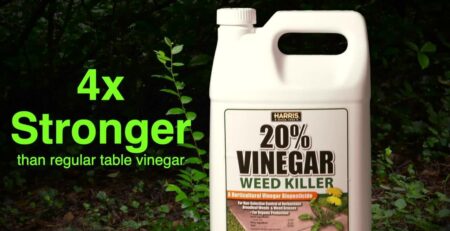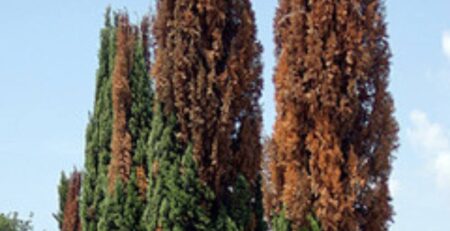Aphids Invade North Texas Trees
You may have noticed a sticky mess coating your sidewalks, patio, lawn furniture, and your car. Maybe you’ve wondered if your trees have a problem that’s causing them to rain sap on everything below. You find a sticky residue on the soles of your shoes, and you and your dog track leaves and dirt into the house. What is going on?
The problem isn’t your trees, and the sticky mess isn’t sap. The problem is caused by tiny insects called aphids. Aphids live on the sap of host plants. They suck the sap from stems and leaves and excrete a sugary substance called honeydew. That’s the sticky mess many of us are dealing with.
Food, weather, and predator conditions have been exactly right this year for an aphid population boom. Aphids reproduce prolifically, starting when they are only a week to 10 days old. Females can produce large numbers of female offspring without mating and, amazingly, they can produce offspring that are already “pregnant” when born.
While aphids have reproduced abundantly, the predators that eat them haven’t kept up. Now large areas of Texas have a bumper crop of aphids, especially the yellow pecan aphid. Pecan trees are heavily infested, but other trees also support large aphid populations, including crape myrtles, fruit trees, and others.
Besides the honeydew, you may notice an additional problem because a black, sooty mold can grow on the honeydew. When it does, the leaves and stems of affected trees and plants start showing a black coloration on their surfaces.
How harmful is all this? Fortunately, not very because the trees affected most are deciduous and will soon lose their leaves. When that food supply crashes, so will the aphid population. Since it’s late in the growing season and trees have had all spring and summer to store reserves for the winter months, the long-term impact of the current aphid boom will be minimal. The black sooty mold growing on the honeydew may be ugly, but it’s generally harmless. And don’t let the aphids or the sooty mold stop you from mulching or composting leaves this fall.
What about treatment? If you can reach them, you can wash aphids off plants using a strong spray of water. Insecticidal soaps and horticultural oils can help control them and they have minimal impact on beneficial pollinators and aphid predators if applied selectively. Our main problem right now, however, is aphid infestation of trees, so most of the aphid population is simply out of reach.
While many insecticides kill aphids, they’ll also unfortunately kill aphid predators, beneficial pollinators, and the predators of other pests. Aphids that survive insecticide, however, will reproduce much faster than their predators and often make the problem worse.
So the best option for now is to wait it out and just keep washing the sidewalks, the car, and the outdoor furniture.

